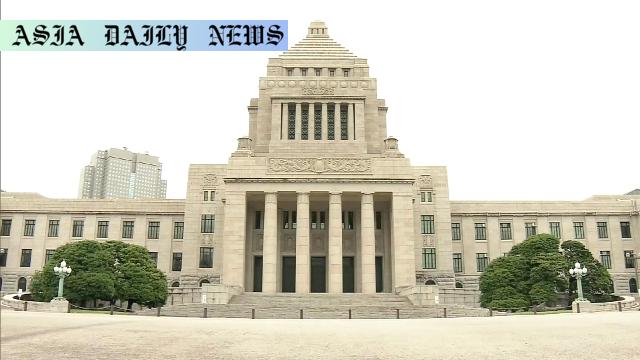Upper House Election: Japan votes amid rising costs and political stakes.

Introduction: Japan’s Upper House Election in Focus
On Sunday, millions of Japanese citizens exercised their democratic right in the crucial Upper House election. With more than 21 million early voters and over 500 candidates competing for 125 seats, this election marks a pivotal moment for Japan’s political landscape. Taking center stage are issues like rising living costs, an aging population, and foreign policy challenges. The results will not only impact policies but also determine whether the ruling coalition retains its majority.
Rising Costs and Public Concerns
As inflation and economic pressures mount globally, Japan has grappled with increasing living costs, making this issue the focal point of the election. Political candidates have outlined measures, ranging from subsidies to comprehensive reforms, to address these challenges. The electorate’s focus on tangible solutions amplifies the pressure on political leaders to act decisively in securing Japan’s economic stability. Early voter turnout surpassing 20% of registered voters indicates the urgency and anticipation surrounding this election.
Social Security and Aging Population
With Japan having one of the oldest populations worldwide, addressing social security inefficiencies and supporting an aging demographic remain critical. This year’s election has seen extensive debates on pension reforms and healthcare investments, highlighting the growing concern among citizens about future security. Political parties have pledged a broadened focus on these areas, emphasizing the necessity of ensuring quality healthcare and sustainable pensions for all.
Foreign Policy and Strategic Challenges
Amid rising geopolitical tensions globally, Japan’s role in international diplomacy has gained prominence. The election also underscores the country’s strategies to navigate pressing foreign policy challenges, especially concerning regional stability and alliances. Candidates advocating for robust foreign policy strategies underscore Japan’s commitment to securing its global standing and addressing security challenges effectively.
High Stakes for the Ruling Coalition
The Liberal Democratic Party (LDP) and junior coalition partner Komeito face significant stakes in this election after losing majority control in the Lower House last year. The pressure to secure 50 seats and retain their Upper House majority adds critical weight to the ongoing political dynamics. A failure to maintain this majority could significantly influence Japan’s legislative process, resulting in potential policy gridlocks and administrative challenges.
Conclusion: What Lies Ahead for Japan?
This election represents more than just a political contest; it is a reflection of the challenges Japan faces. From battling economic uncertainties to addressing societal changes, the outcomes of this election are poised to shape the future of the country. As votes are counted, all eyes will be on the strategies and promises that can truly address the pressing issues of modern-day Japan. The question remains—can the ruling coalition bridge the gap and secure public trust once again?
Commentary
The Importance of Japan’s Political Landscape
The Upper House election in Japan is a critical moment for the country, not only as a test of political stability but as an opportunity to address the profound challenges faced by its society. The record early voter turnout reflects a strong desire among the Japanese people for change and accountability. This level of civic engagement is commendable, and it sets a precedent for other democracies to follow.
Addressing Core Voter Concerns
The focus on rising living costs, social security, and population decline is a clear indication of where the electorate’s priorities lie. These are not isolated issues but interconnected challenges that require comprehensive solutions. It is reassuring to see candidates place these matters at the forefront of their campaigns, but the real test begins post-election, in the way these policies are implemented. Commitment to transparency and execution will be crucial in bridging the gap between promises and actual progress.
Challenges for the Ruling Coalition
The stakes are particularly high for the ruling coalition. After losing the Lower House majority last year, regaining control in the Upper House is crucial for maintaining legislative stability. The pressure to secure 50 seats is enormous, and failure to do so could lead to significant administrative challenges. For the coalition, this election is not only about power but also about rebuilding trust and demonstrating effective governance.
Future Implications and Reflections
Reflecting on Japan’s political landscape, this election is an important step toward addressing long-term challenges. Whether the results lead to effective governance or further political uncertainty, one thing is clear—Japan’s citizens are making their voices heard. This election serves as a reminder of the power of democratic participation and the importance of responsible leadership in navigating today’s complex challenges.


